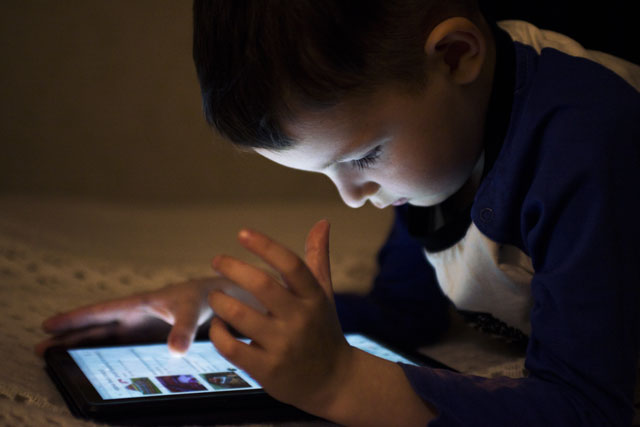As of April 2020, Covid-19 had led at least 188 country-wide school closures, impacting more than 90% of the world’s student population. Following these mass closures, many children’s learning experiences began being reshaped by the sudden introduction of remote learning, including – where available – technology and virtual platforms as a substitute for the classroom and schoolyard. Similarly, online games, social media and video chat programs are providing opportunities for children to connect with and play with their friends, parents and relatives while in isolation.

While increased online activity supports children’s learning, socialization and play, but also puts them at heightened risk. Such risks include online harms such as sexual exploitation and cyberbullying. Not all risks will translate into actual harm, but children facing other issues in their lives may be more vulnerable. For instance, it is widely well-established that cyberbullying is a major concern among teenagers and has wide-ranging, negative impacts. With many children suddenly experiencing extended periods of unstructured time online and grappling with mounting sources of stress, cyberbullying could proliferate. The COVID-19 pandemic has also introduced instant messaging, online gaming and chat services to an increasing number of young children, who may have limited online experience and be less resilient to hurtful behavior. Girls, children with disabilities and those perceived to be different or at greater risk of catching or spreading COVID-19 may be at increased risk of online bullying and discrimination.
More online exposure and activity may also expose children to age-inappropriate and potentially harmful content, including content that is violent, misogynistic, xenophobic, promotes political or ideological violence or incites suicide and self-harm. Children may also be exposed to a larger quantity of targeted online marketing that promotes unhealthy foods, gender stereotypes or is age-inappropriate. They may also be exposed to misinformation about COVID-19 that could drive additional fear and anxiety.
Overall, in the context of COVID-19, keeping children safe online will require concerted, urgent action on the part of parents and caregivers, school authorities, digital technology companies, providers, social service workers and governments. Such efforts include: empowering children, support parents and caregivers to help children stay safe online and provide a safe online learning experience for students.
Find out more from this technical note from UNICEF and other partners..


